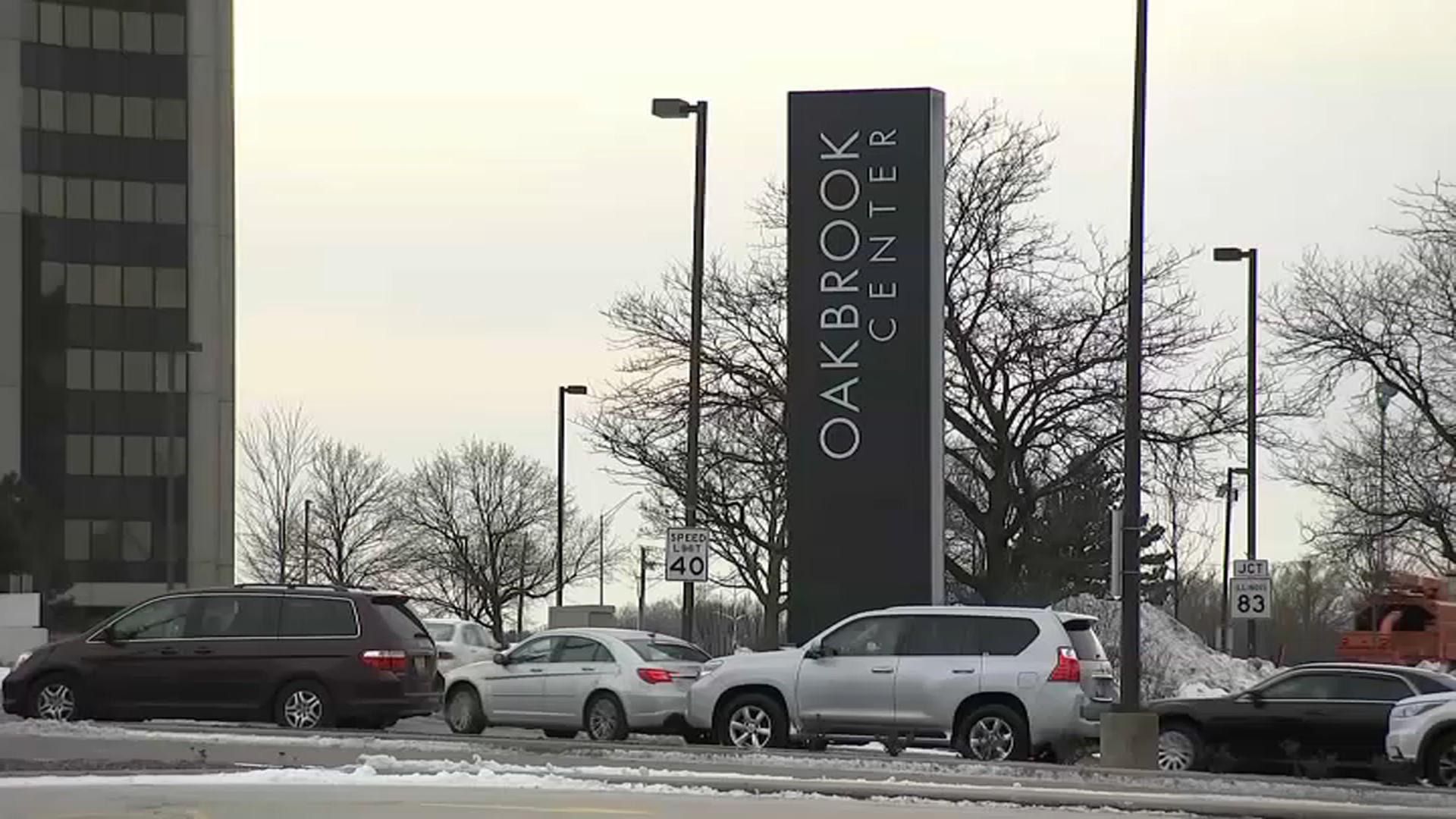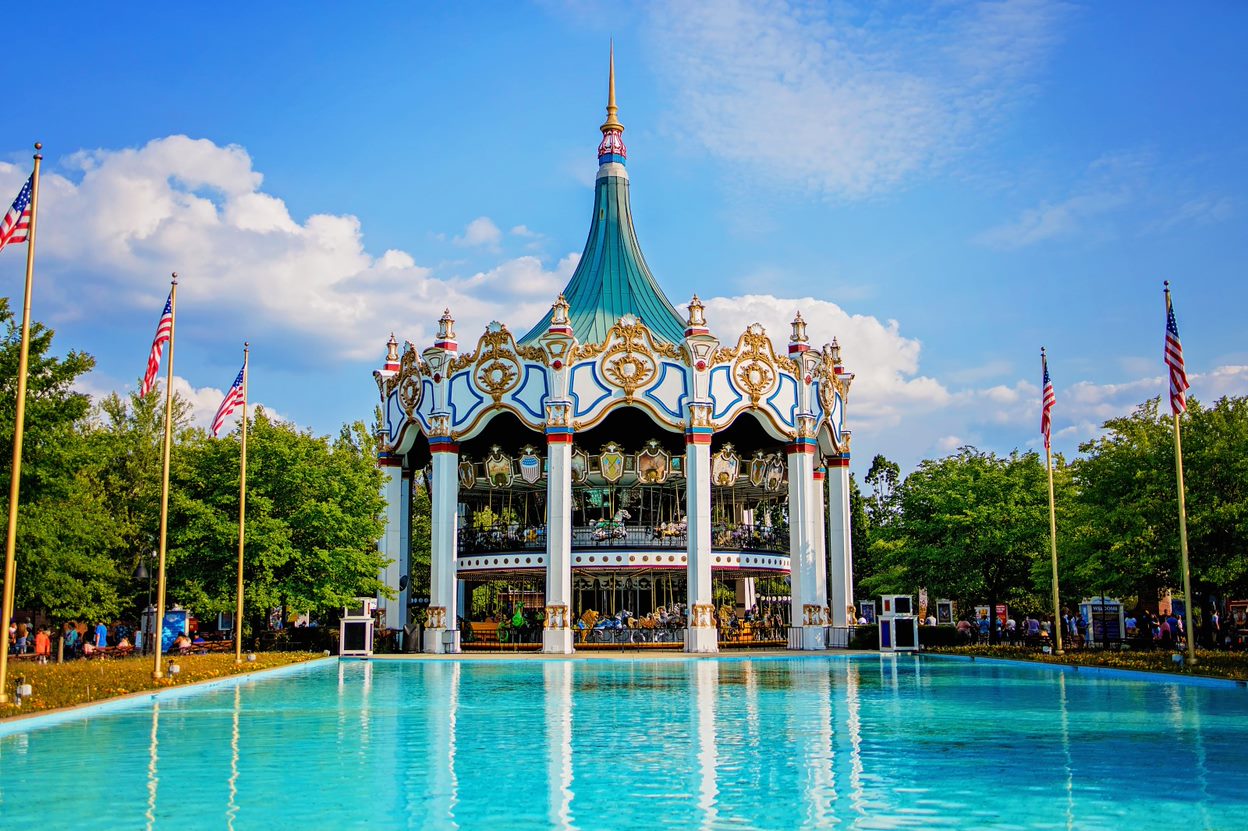On Monday, a 13-year-old boy was charged with murder for allegedly shooting his 16-year-old cousin in the Bronzeville neighborhood of Chicago.
The story is all too familiar in its heartbreaking sadness. The boy admitted shooting his cousin as he slept, over an argument about a video game. The 16-year-old was taken to the hospital, where he died. Police charged the 13-year-old as a juvenile with first-degree murder.
And then, the kicker:
It is unclear how the 13-year-old obtained the gun, police said.
It’s a common refrain in Chicago shootings. The same weekend the 13-year-old somehow got a gun and killed his cousin, four other people were shot and killed in Chicago with a gun.
Again and again, Chicagoans are killed with guns: 415 murders in 2013, 532 in 2012, 433 in 2011, the vast majority of them with illegally obtained firearms.
And again and again, the refrain comes at the end of the story: no one knows how the shooter obtained the gun.
Local
The issue came to light this week when a federal judge ruled Chicago’s ban on gun sales in the city “unconstitutional”. U.S. District Judge Edmond E. Chang said Monday that while the government has a duty to protect its citizens, the city’s ban on firearm sales was a restriction on the right for citizens to keep and bear arms for self-defense.
Wade into the gun-control debate in Chicago and elsewhere and you’ll find an army of voices on both sides who are absolutely convinced in the righteousness of their position.
Some say the Second Amendment rights of Americans are absolute, and any restriction anywhere anytime is an abomination that strikes at the heart of what it means to be American and free.
Others, especially those who work with victims of violence in Chicago and other big cities across the country, will tell you theoretical arguments about rights matter very little when a gunman opens fire on a crowded city street, park or schoolyard.
But there’s one voice lurking behind the debate that gets far too little attention, even as it drives the debate in the courts, as is happening in Chicago.
The case Judge Chang ruled on, Benson V. Chicago, was brought in 2010 by three private citizens—two of which were antique gun collectors—and the Illinois Association of Firearms Retailers.
That’s right: the folks who care about the constitutionality of Chicago gun-control laws are a professional organization of gun retailers who are upset they can’t sell guns for a profit in the city limits.
Don't believe me? It’s right there in the suit—page 12, Section 48:
Plaintiff ILAFR has members who desire to sell firearms and to operate shooting ranges inside Chicago city limits … and would do so but for the Ordinance.
Today, the Associated Press made the connection more explicit:
Firearms dealers are welcoming a judge's ruling calling the city's ban on gun sales unconstitutional.
Barry Soskin owns a suburban gun shop named Article II Range. He calls the potential for Chicago sales "a business opportunity in a great city."
The ILAFR is a chapter of the National Shooting Sports Foundation, the self-described “trade association for American’s firearms industry”. As a trade association, the NSSR represents an outstandingly successful industry. As of 2102, there were more than 129,817 federally licensed firearms dealers in the U.S., including 51,438 retail gun stores.
That’s more than gas stations, grocery stores or McDonalds in the country.
Those retailers support an even more outstandingly successful gun manufacturing industry. Also in 2012, the U.S. gun industry made $933 million in profits on $11.7 billion in revenue.
Mayor Rahm Emanuel, former Mayor Daley and city officials have long argued that the scourge of illegal guns in Chicago is the result of sales in neighboring cities and states.
And, by one measure, they’re correct: more than 15,000 of the guns traced by the police in 2012 came from just outside the city limits in Cook County and in neighboring towns that already permit gun stores.
But all of that money isn't enough for some. Instead, they look at Chicago and it’s relationship to guns and see only one thing: frustration that they, too, can’t get in on the windfall that comes from selling guns in America.
For them, the question isn't how a gun gets into the hands of an angry 13-year-old.
The question is: why can’t I be allowed to make money in the process?



